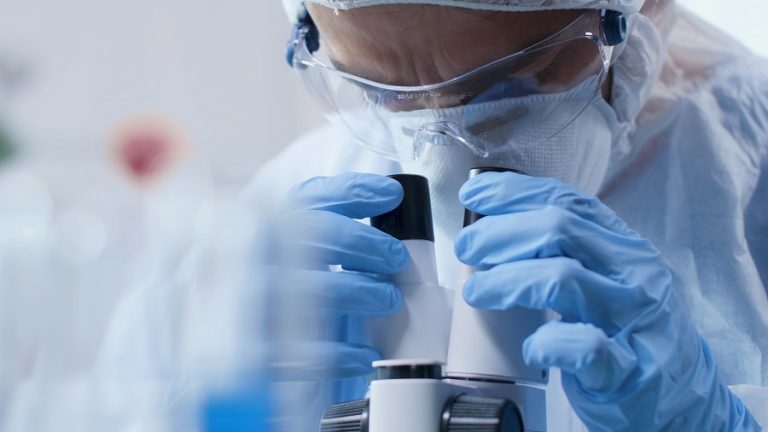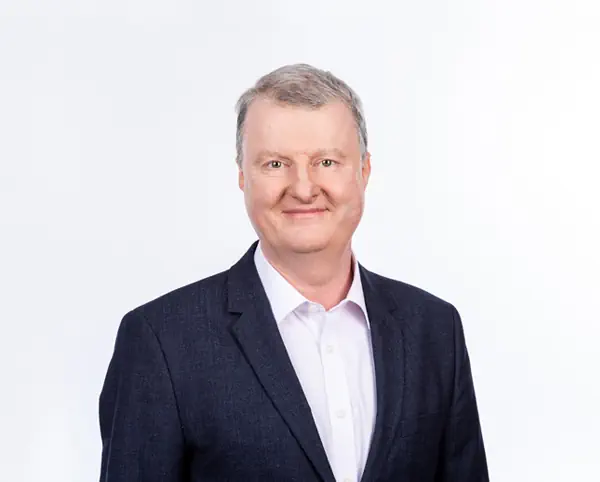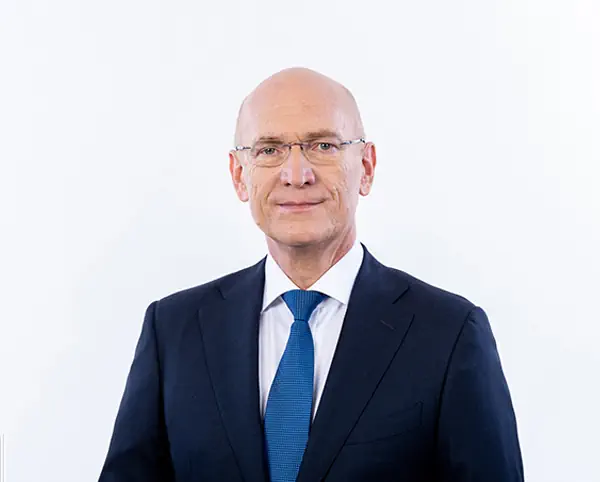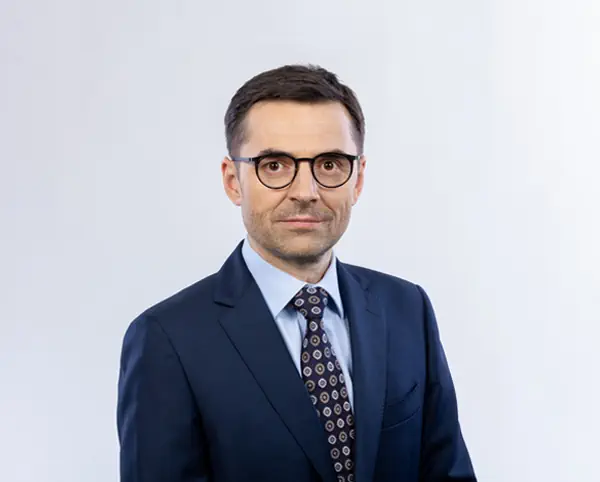After announcing positive results from preliminary studies comparing kidneys perfused with NanOX 10 and NanOX 20 fluids with the current standard used in transplantation, NanoGroup S.A. has begun the next phase of research on the way to marketing its solution. The study, which kicked off on February 6, will take about six weeks.
The goal of the NanoGroup-led OrganFarm project is to implement a new extracorporeal organ storage system to extend the possible shelf life of organs for transplantation.
Following a successful study conducted at the Jan Kielanowski Institute of Animal Physiology and Nutrition of the Polish Academy of Sciences by a team led by Prof. dr. hab. med. Maciej Kosieradzki and Dr. hab. n. med. Piotr Domagała of the Department of General and Transplant Surgery at the University Clinical Center of Medical University of Warsaw, NanoGroup S.A. has moved to the next stage of work on its system.
The purpose of the designed study is to reflect one of the situations occurring in transplant practice related to the procurement and storage of an organ for transplantation. The simulation assumes uncontrolled cardiac arrest in a donor in an out-of-hospital setting – the arrival of the emergency medical team in under 30 minutes, undertaking resuscitation with restoration of circulation at a low level, and, once the decision is made to end it, deciding to harvest the organ for transplantation. In such a scenario, the time for organ transplantation is extremely short due to the limitations of being able to store such an organ. NanoGroup S.A. is currently working on the possibility of extending this time.
What will the verification of the effectiveness of NanOX fluids consist of?
The study will include 4 perfusions of pig kidneys. They will be divided into 2 groups: 2 kidneys will undergo perfusion with NanOX 10 fluid under subnormothermic conditions (25 deg. C), and 2 more will be perfused with NanOX 20 fluid under normothermic conditions (37 deg. C). Each perfusion process will take about 30 hours.
After that, all kidneys will be subject to repeated perfusion with albumin-enriched Krebs – Henseleit buffer. This is intended to simulate the situation of implanting a recipient organ. As a part of the renal perfusion study, perfusion fluid samples will be collected for detailed biochemical analysis, as well as metabolomic and proteomic analysis of the collected specimens.
From the Company’s perspective, the OrganFarm project is one of the important and the most advanced stages of work towards the goal of establishing strategic partnerships enabling technology commercialization. Moving to the next stage of the study was made possible by, e.g., the successful subscription of Series I bearer common shares in October 2022, and the support of the Company by its major shareholders through offers to sell some of their own shares to the Company, free of charge.

– With the research we have conducted so far on our organ storage system, we have scientific confirmation that we are on track to significantly improve organ survival and the ability to continue using organs for transplantation, compared to fluids currently on the market. I am pleased that we can announce the beginning of the next research stage, the expected positive result of which will constitute another important step in bringing our technology to market. Of course, further research to verify the effectiveness of our technology in various simulations is still ahead of us. We see a lot of potential in it and are looking forward to the results of the ongoing research work ,” comments Piotr Mierzejewski, Vice President of the Management Board of NanoGroup S.A.



